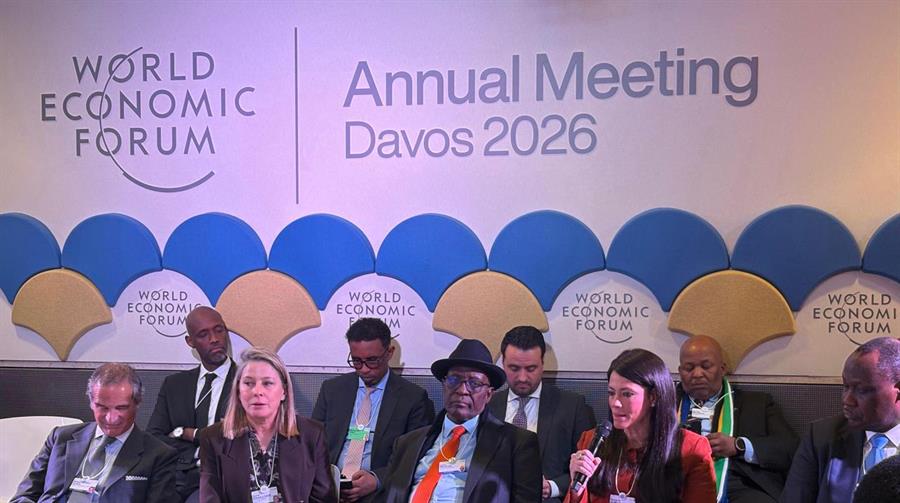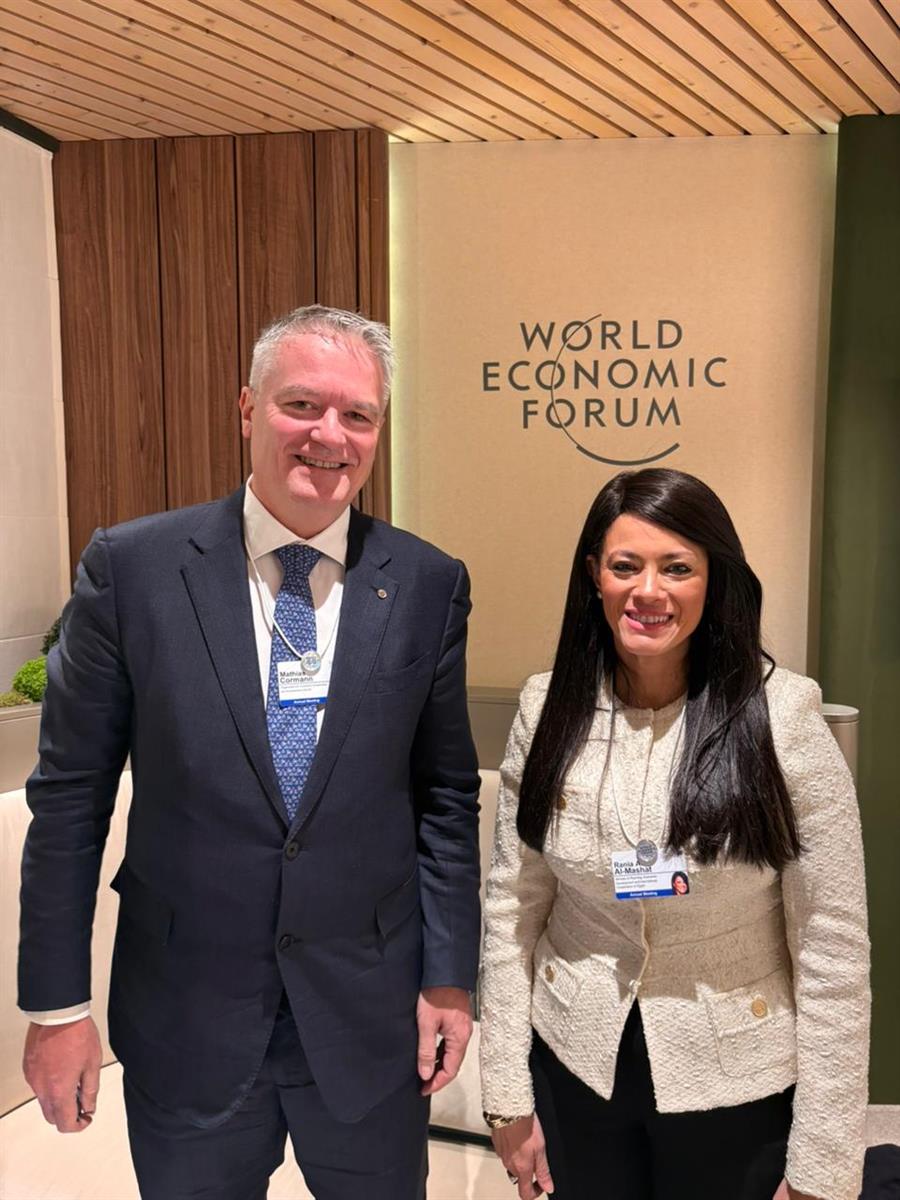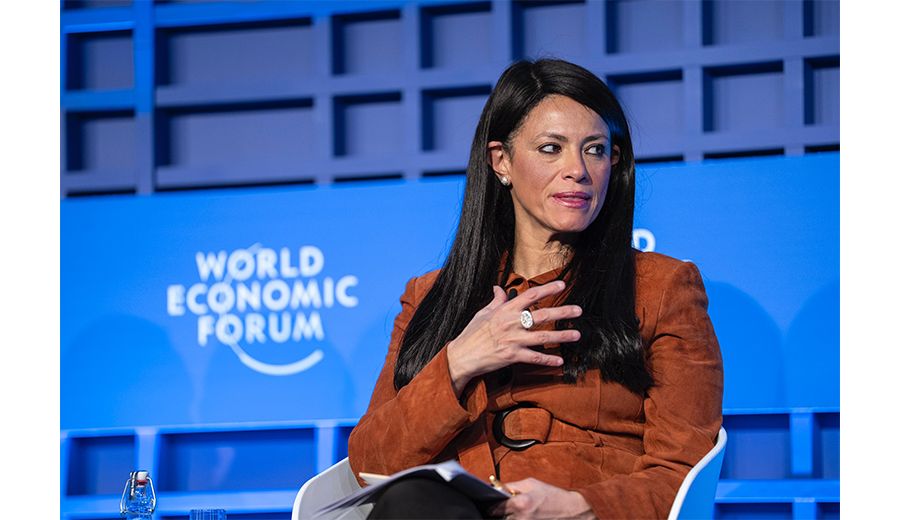Egypt’s Planning Minister continues her Gulf Tour, visits Qatar to promote investment

09 February 2023
H.E. Dr. Hala El-Said, Minister of Planning and Economic Development who is also acting as Chairperson of the Board of Directors of The Sovereign Fund of Egypt (TSFE), continued her tour to many Arab countries to promote investment opportunities in Egypt, by visiting the State of Qatar and meeting a number of its officials.
Dr. Hala El-Said's meetings in Qatar included meetings with Sheikh / Mohammed bin Abdul Rahman Al Thani, Deputy Prime Minister and Minister of Foreign Affairs of Qatar, Sheikh Mohammed bin Hamad bin Qasim Al Thani, Qatari Minister of Commerce and Industry, and Mr. / Mansour bin Ibrahim Al Mahmoud, CEO Qatar Investment Authority, Mr. Abdullah Mubarak Al Khalifa, CEO of Qatar National Bank QNB, and Mr. Ramez Khayyat, Chairman of Power Holding Group.
During the aforementioned meetings, Dr. Hala El-Said reviewed the most promising investment opportunities provided by TSFE and its role in attracting private investment, whether domestic or foreign and the investment sectors of the projects it supervises.
El-Said stressed that the fund is the state’s investment arm in line with the country's development plans and directions, and enjoys the flexibility that enables it to move to gain the confidence of the private sector.
El-Said asserted TSFE’s investment plan copes with Egypt's Vision 2030.
“Egypt is keen to be on the international investment map, the Egyptian government is currently evaluating some projects that will be offered to private sector investors in Egypt and Qatar” She explained.
The Minister of Planning and Economic Development referred to several sectors that TSFE aims to attract foreign investment to pump investments into, such as water desalination projects and renewable energy, explaining that the fund's investment strategy focuses on the quality and abundance of renewable energy and green energy, and its exploitation to obtain some products such as green hydrogen.
El-Said also referred to the large investments made by the Egyptian state in recent years in infrastructure, attracting domestic and foreign private investment, pointing to the launch of the National Program for Structural Reforms.
The program is based on several pillars and aims to make the Egyptian economy more resilient and able to handle crises.
El-Said highlighted the “State Ownership Policy Document” that its main task is to explain to investors the role of the state in various sectors as a regulator of economic activity according to market mechanisms, and how the state can exit activities.
El-Said advocated setting incentives for the localization of industries by focusing on green economy projects.









